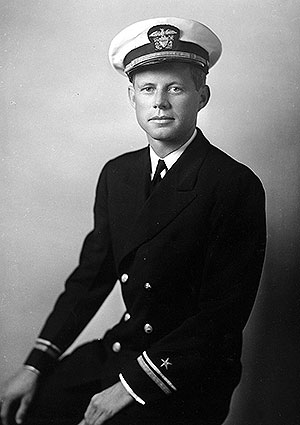Douglas Granite
President Douglas R. Granite President of the Federation of Atlesia | |
|---|---|
 President Granite | |
| In office January 20, 1935 – Present | |
| Montgomery State Senate | |
| In office November 8th, 1925 – November 8th, 1930 | |
| Preceded by | John Twink |
| Succeeded by | Francis L. Brown |
| Federal House of Representatives | |
| In office November 8th, 1930 – November 8th, 1934 | |
| Personal details | |
| Born | Douglas Raymond Granite May 23rd, 1901 Blackwater, Montgomery, Federation |
| Political party | |
| Spouse | Mary Anne (1927-Present) |
| Children | Damien |
| Residence(s) | 1600 Morgan Ave NW, Atlas, 20500 |
| Alma mater | None |
Douglas R. Granite is the 30th President of the Federation of Atlesia. An outspoken Constitutionalist, Granite played a pivotal role in developing the coalition that would eventually grow into Atlesia's National Conservative Party, which ultimately won him the Presidential nomination in 1934. A Marine veteran of the Great War, Granite served in fierce frontline combat, including the famous Battle of the Toulimar Forest, where the 5th Marine Brigade earned its reputation as a fierce, unyielding fighting force.
After the war, Granite spent a number of years as a carpenter's apprentice, but ultimately decided to run for state government as a member of the Constitutionalist Party in Montgomery. Serving just one term, Granite broadened his horizons in 1929 when he ran for the Federal House of Representatives, and won. As a rookie in national government, Granite quickly gained close allies in both the House and Senate, and during his time as Representative, led a movement to rally right-leaning politicial parties in government and develop a standardized platform. This would eventually lead to the formation of the National Conservative Party in 1933, of which Granite is credited as a 'founding father'.
At the helm of the Federation's national conservative movement, which advocated Atlesian Exceptionism and staunchly opposed authoritarianism, lefism, and other similar movements, Granite won his party's nomination for president unanimously. Winning more than 60% of the vote, he was inaugurated on January 20th, 1935. In his short time in office, Granite and his National Conservatives have been hard at work, passing legislation designed to do everything from military expansion and rearmament, tax reform, and civil reform. The National Securities Act of 1935, signed into law on May 12th, works to utterly overhaul the Federation's decaying armed forces, while the Conscionable Taxes Act effectively banned the federal government from levying taxes on inheretinces, scrapped the property tax, and other similar taxes that were deemed 'unconscionable' in nature.
As of 1936, President Granite continues to speak about an Atlesian Century, working to unleash the energy of the nation and her people, and to build a better future.
Early Life
Douglas R. Granite was born in Blackwater, Montgomery, on May 23rd, 1901. His mother, Dorothy Granite, had passed away during childbirth, leaving his father Raymond Granite - a respected lawyer - to raise Douglas alone. Such a task is certainly quite difficult, and Granite's father often struggled to juggle his legal practice with his son. Due to this, Granite spent most of his early years with his Aunt Ruth, the sister to his late mother, who Granite describes in personal memoirs as a 'caring and compassionate woman'. She had lost her husband to tuberculosis in 1899, and suffered from a misscariage the year before, so for her, taking in her nephew helped her fill a great void. Around the age of 8, Granite's father developed a romantic relationship with his Aunt Ruth, and when he was 11, they married. According to Granite, he wasn't opposed to their union, and wrote in personal memoirs that he was 'happy' that both his aunt and father were happy again.
In 1912, when Granite was just eleven years old, the Great War erupted in Cybelleum. The great powers of the Old World - Reynland, Auvernia, Altenland, and more, came to brutal confrontation. Granite recalled that he was too young to pay much attention to the events overseas, but remembers his father reading about the transpiring events in the newspaper. Nevertheless, for millions of Atlesians at the time, the War in Cybelleum was just too far away to be of any real concern. Granite continued his studies at the Blackwater Primary Academy, a private school paid for by his father, for the rest of his childhood education. Teachers described Granite as an 'intelligent" student, though was often 'distracted' by his personal ambitions. Those ambitions included his love for baseball, which he started playing at the age of 13, and continued until his graduation from primary school.
Military Service
By mid-1917, the Great War had been raging for five years, and had spread across the planet. WIP.
